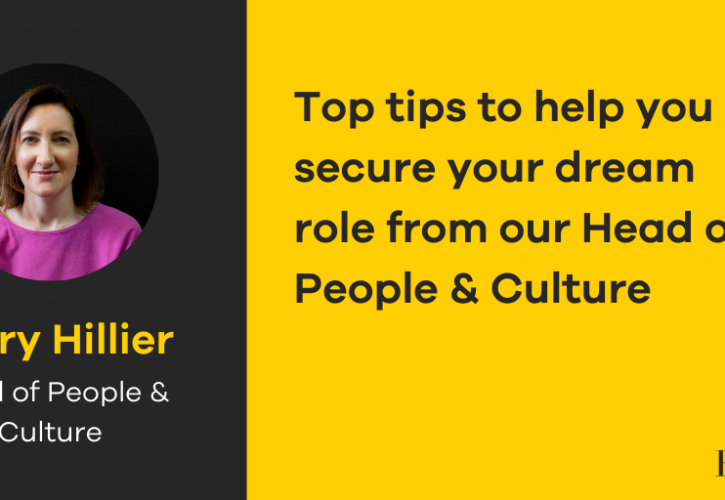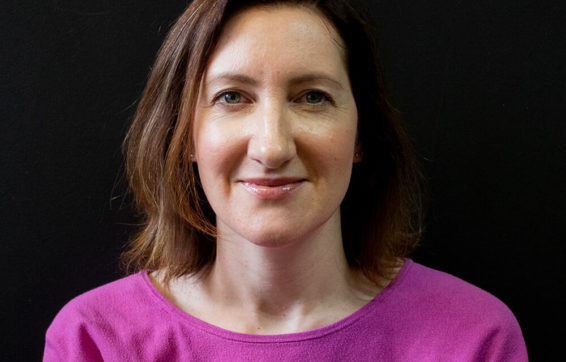
Top Tips on writing a great CV to secure that winning interview!
It’s important to remember that no CV or candidate ever will match a role criteria 100%. A job specification is ultimately just a ‘wish list’, but if you closely match that wish list in terms of skills and experience and know that you can hit the ball out of the park in that role, make sure you convey this in your CV in the most constructive and straightforward way! Here are our top tips to win that interview:
Chances are, there will be tens, if not hundreds of applicants applying for that exciting new role, so you need your CV to help you make the cut.
The Basics:
- Use a clear font: Arial / Calibri is perfect – comic sans is not a good look.
- Ensure that you include your contact details very clearly near the top, so once the hiring manager has been blown away by your CV, they know how to quickly get in contact!
- Mobile number and email are essential, and a link to your up-to-date LinkedIn profile is a plus.
- Keep the whole CV to two pages maximum with font size around 10 -11. There’s no need to go into any great detail on your CV, it’s just there to provide a background summary of your skills and experience so bullet points are best.
- Don’t be gimmicky with the layout and don’t include your photo – it’s unnecessary and looks like padding.
- Pick out key words in the job specification and ensure to use them in your application. Chances are, if you are applying for a role in a big multinational organisation, they will use automated filtering techniques and those key words are what will stand between you and getting through to the next round.
The Detail
- Put a statement at the start of your CV – include a bit about you, your core skills and competencies, and also a personalised section on what you can bring to the role. Make sure you re-write this for every job you apply for, ensuring that it directly correlates with the advertised job specification. If the role asks for ‘3+ years working in PPC delivery’ and you have that experience, make sure it’s one of the first things the employer will read. Another nice touch for the opening statement is to highlight generic soft skills: confident, hard-working, ambitious, fast learner are all great adjectives to use. Always write in the first person and keep the statement to a few sentences only.
- Next highlight any extra achievements or certificates you have gained that demonstrate your suitability for the role, e.g.
- Institute of Practitioners in Advertising (IPA) Foundation Certificate
- Google Analytics + SEO Fundamentals | Google Digital Garage
- Employment history comes next – start with your most recent / current role and work in reverse chronological order. Put the employer and job title in bold, along with the dates you held the position, e.g. ROAST, London – SEO Account Executive | October 2020 – Present
- List 3-4 bullet points of core responsibilities and achievements in this role – prioritise the competencies which are relevant to the role you are applying for in order to bolster your compatibility for the role.
- Finally comes education and qualifications, this should show institution, level of education certificate and dates, e.g. BA Philosophy and Psychology (2:1) University of Leeds | Sept 2012 – Sept 2015
Hobbies & Interests
It is a contentious one when it comes to adding your hobbies and interests into your CV. A lot of HR professionals think it’s unnecessary to put this in, however as a people and culture led company, who you are and what motivates you is massively important. It also acts as a nice way to break the ice when you’re invited to that elusive interview!
Make sure to keep it interesting – everyone likes to socialise, watch movies, and read books – but if you have an interesting hobby or volunteer in your spare time, do make sure to include it!
Finally – always include a cover letter and address it to the hiring manager. It might not be specifically asked for, but this is where you can really sell yourself and show how committed you are to your application – possibly giving you that extra step towards securing your dream role.
If you are a young professional searching for more advice to help you secure that dream interview, keep your eyes peeled for more.





